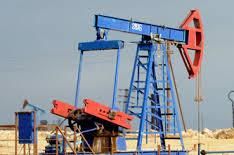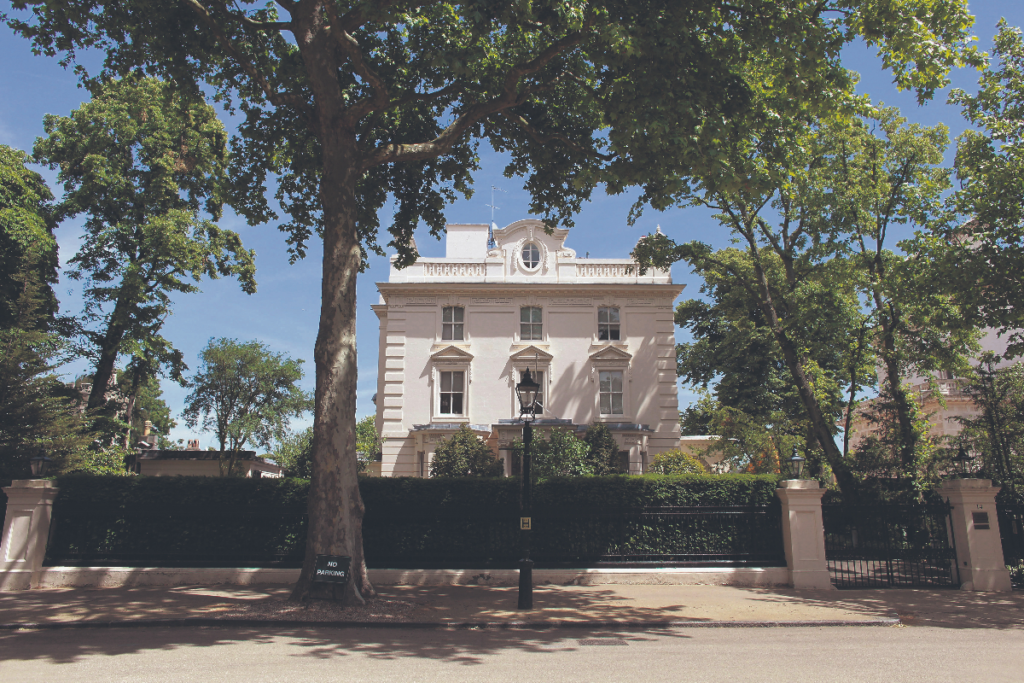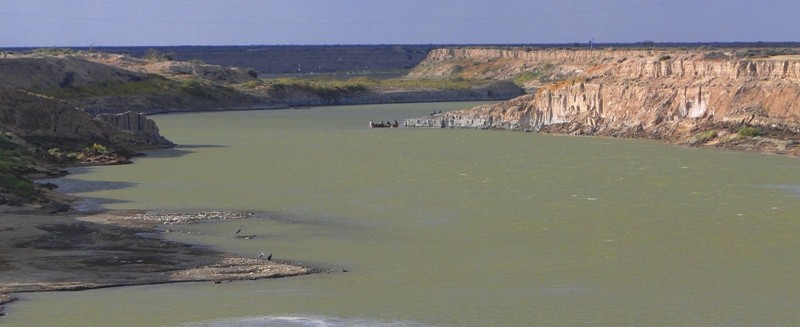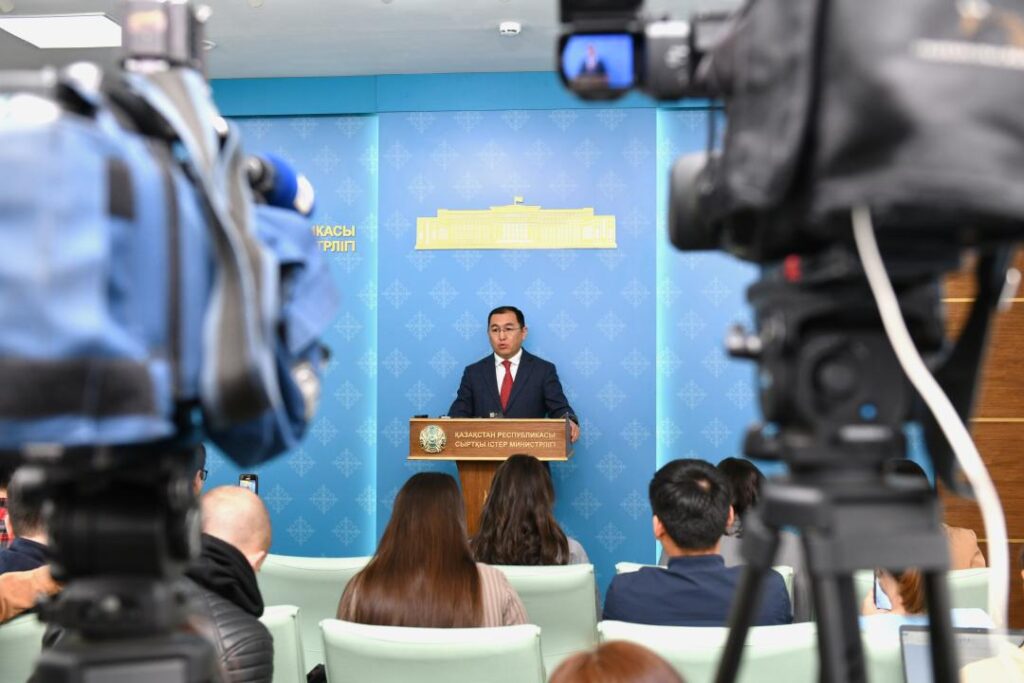ASTANA (TCA) — The Government of Kazakhstan represented by the Ministry of Energy, Ministry of Finance and the authorized body — PSA LLP, as well as the shareholders of the Karachaganak project represented by Eni, Shell, Chevron, Lukoil and KazMunaiGas have reached an agreement in principle on a friendly settlement dispute on the Objectivity Index. The parties signed the Agreement on Principles, which establishes the basic conditions for settlement, the official website of the Prime Minister of Kazakhstan reported.
Kazakhstan and the Consortium had differences in the method of calculating the shares of the parties in the section of profitable products. In this regard, in accordance with the terms of the Final Production Sharing Agreement of the Karachaganak project, Kazakhstan filed a lawsuit in international arbitration to protect its rights. However, taking into account the long-term experience of cooperation, the parties in the negotiation process have found a mutually beneficial way to resolve the dispute amicably.
Thus, to consolidate the agreements, the Parties signed an Agreement on Principles, which establishes the basic conditions for settlement:
– The consortium will pay Kazakhstan a compensation in the amount of $1.111 billion;
– Changes will be made to the mechanism of production sharing, which will provide Kazakhstan with additional revenues from the project for about $415 million by 2037 at a price of $80 per barrel;
– The consortium will provide Kazakhstan with a long-term loan for a period of 10 years for the construction of an infrastructure project in the amount of $1 billion, or will repay the equivalent value of the loan (in the event of refusal by Kazakhstan), about $200 million.
The aggregate monetary value of this settlement for Kazakhstan is more than $1.7 billion, of which in the coming years the state will receive about $1.3 billion.
In addition to this proposal, the Government agreed on the adoption by the Consortium of obligations for the timely implementation of important investment projects for the future development of Karachaganak. Preliminarily, the volume of investments is estimated at up to $5 billion with a possible additional increase in revenues for Kazakhstan until 2037 for about $23.5 billion (or about $6.4 billion in NPV10) at a price of $80 per barrel.
The parties also agreed on the possible supply of hydrocarbons (oil and gas) on commercial terms for local refineries and for the development of a gas chemical complex in the West Kazakhstan region.
“These were very difficult negotiations with the Consortium, which lasted about three years. Such a long period testifies not only to their complex content and character, but also to the fact that we put at the forefront, above all, the economic interests of the state, and, accordingly, insisted on maximizing the benefits for Kazakhstan in the framework of negotiations. Peaceful settlement of the dispute reflects the commitment of Kazakhstan to the friendly resolution of emerging disputes with strategic partners in accordance with the provisions stipulated in the contract,” said Kazakh Minister of Energy Kanat Bozumbayev.
The Ministry of Energy plans to complete the deal by signing the final Agreement on the settlement of the dispute by the end of 2018.
“In addition, I want to emphasize that it was important for us to resolve this dispute, because it introduced uncertainty in the further development of the Karachaganak project. In this regard, one of the principal elements of these agreements is the commitment by the Consortium for the timely implementation of important investment projects for the future development of Karachaganak,” said Bozumbayev.









